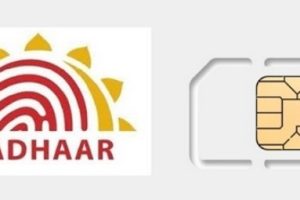The Reserve Bank of India’s proposed lightweight payment and settlement system (LPSS) will introduce a paradigm shift in the Indian payment landscape. In its annual report for 2023-24, the central bank has unveiled its plans for LPSS.
The need for lightweight payment and settlement system (LPSS)
The central bank said that this payment system can be operated from anywhere by a bare minimum staff in order to be prepared to face extreme situations such as natural calamities and war, and would be made active only on a need basis.
The new system will add to the rich bouquet of payment platforms in the country and will be made available on a “need basis”, said Sachin Castelino, Chief Strategy & Transformation Officer, In Solutions Global LTD.
The system will leverage advanced technology to enable secure and guaranteed digital payments in times of calamities, added Sachin.
Alternative to RTGS, UPI, NEFT?
The LPSS, which will operate independently of existing payment systems like RTGS, NEFT, and UPI, aims to provide a portable and resilient solution during natural calamities and wartime situations.
This would process transactions that are critical to ensure the stability of the economy such as government and market-related transactions.
Real-time gross settlement (RTGS), National Electronic Fund Transfer (NEFT), and Unified Payments Interface (UPI) are dependent on complex wired networks backed by advanced IT infrastructure. “However, catastrophic events like natural calamities and war have the potential to render these payment systems temporarily unavailable by disrupting the underlying information and communication infrastructure,” the report from RBI said.
By conceptualizing the LPSS, the central bank aims to ensure the availability of essential payment services and maintain economic stability in extreme and volatile situations, said Amit Gupta, MD, SAG Infotech.
“This system’s infrastructure will be independent of the technology that powers other payment systems including RTGS, NEFT, and UPI. The lightweight and portable payment system would only be activated “as needed,” according to RBI, and it would be intended to run on basic hardware and software,” said Vinit Khandare, CEO and Founder, MyFundBazaar.
Through these initiatives, the RBI aims to strengthen the safety, efficiency, and trustworthiness of payment systems in India, ensuring their resilience and continuity even in the face of extreme circumstances.
Source By: livemint










